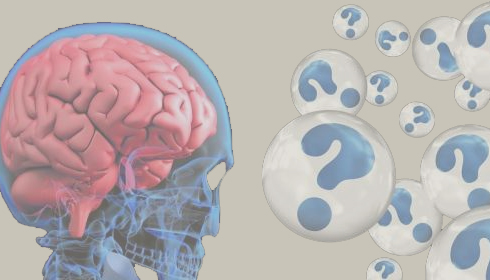
New biomarker guidelines aim to refine Alzheimer's diagnosis, but experts raise concerns about diagnosing asymptomatic patients
The authors of a new editorial comment in JAMA Neurology revisit Alzheimer's diagnosis by integrating biomarkers that enable early detection based on amyloid and tau levels. Although the Alzheimer's Association's 2018 guidelines advocated a physiological definition of Alzheimer's, the International Working Group's 2021 guidelines warn against relying solely on biomarkers to diagnose asymptomatic persons. Researchers at the University of California, Sorbonne Université, and Karolinska Institutet emphasize the necessity of matching biomarker findings with clinical outcomes to avoid hasty labelling in asymptomatic cases.
A review of studies conducted between 2020 and 2024 emphasizes the importance of amyloid and tau biomarkers in diagnosing AD, highlighting that their presence alone does not ensure symptom onset in cognitively normal people. "Our study found that while biomarkers like amyloid can indicate Alzheimer's risk, they don't necessarily mean that symptoms will develop in the near future," stated lead author Dr. Jane Miller.
The AA and IWG's new guidelines emerge as biomarker-based diagnostic technologies develop, particularly blood testing. Biomarkers can identify molecular indicators of Alzheimer's disease, such as the buildup of amyloid-beta and tau proteins, which are associated with neurodegeneration. "Amyloid PET imaging and blood biomarkers represent significant progress in understanding Alzheimer's," said Dr. Richard Clark, an Alzheimer's researcher. However, these methods are still in development, and some biomarkers, such as phosphorylated tau (p-tau) 217, require further validation.
While promising, the use of biomarkers has sparked ethical and clinical controversies, particularly over identifying cognitively healthy persons as "at-risk" for Alzheimer's disease. The IWG advises that early diagnosis based solely on biomarkers may generate unneeded concern and lead to therapies that may be more harmful than beneficial. Neuroscientist Dr. Sarah Peterson adds, "Biomarkers are invaluable, but an amyloid-positive result is not a conclusive diagnosis of Alzheimer's. The focus should be on recognizing risks rather than prematurely labelling them as "ill."
The IWG's new guidelines advocate employing biomarkers to monitor high-risk populations in order to intervene early rather than treating them immediately. Researchers are developing current anti-amyloid treatments, like monoclonal antibodies, to treat Alzheimer's disease in its early stages. However, the efficacy of these medications in asymptomatic people is unknown. "Preventing Alzheimer's symptoms before they appear could transform treatment, but indiscriminate biomarker-based diagnosis is premature," he said.
Individuals with a family history of Alzheimer's or certain genetic markers may benefit from biomarker testing to identify presymptomatic stages and promote preventive strategies such as lifestyle adjustments, according to the guidelines. However, researchers warn against broad biomarker testing in cognitively normal people. According to Dr. Clark, "Diagnosing at-risk but asymptomatic people requires a nuanced approach—biomarkers alone shouldn't determine their clinical course."
The new AA and IWG recommendations also emphasize the need to share biomarker results with the public. Testing positive for Alzheimer's biomarkers does not guarantee that one would develop symptoms, prompting experts to advise shifting the focus to "risk assessment" rather than a definite diagnosis.
Direct-to-consumer testing kits that provide biomarker analysis raise concerns about possible misinterpretation without competent medical assistance. "Direct-to-consumer testing can lead to misdiagnosis or unnecessary worry," advises Dr. Peterson. "People must understand that a biomarker-positive result only indicates a potential risk, not an inevitable decline."
The future of Alzheimer's diagnosis and treatment is evolving, with biomarkers playing an important role in early detection. However, experts advise caution, weighing the possible benefits against the psychological and cultural consequences of early Alzheimer's labelling.